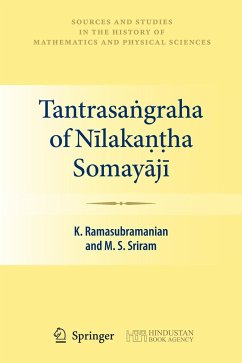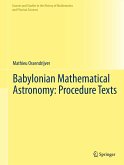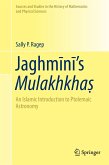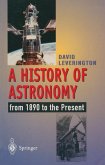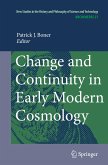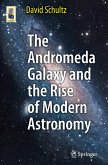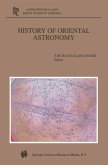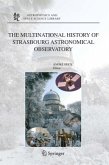Tantrasangraha, composed by the renowned Kerala astronomer Nilakantha Somayaji (c.1444-1545 AD) ranks along with Aryabhatiya of Aryabhata and Siddhantasiromani of Bhaskaracarya as one of the major works which significantly influenced further work on astronomy in India. One of the distinguishing features is the introduction of a major revision of the traditional Indian planetary model. Nilakantha arrived at a unified theory of planetary latitudes and a better formulation of the equation of centre for the interior planets (Mercury and Venus) than was previously available.
In preparing the translation and explanatory notes, K. Ramasubramanian and M. S. Sriram have used authentic Sanskrit editions of Tantrasangraha by Surand Kunjan Pillai and K V Sarma. All verses have been translated into English, which have been supplemented with detailed explanations including all necessary mathematical relations, illustrative examples, figures and tables using modern mathematical notation.
In preparing the translation and explanatory notes, K. Ramasubramanian and M. S. Sriram have used authentic Sanskrit editions of Tantrasangraha by Surand Kunjan Pillai and K V Sarma. All verses have been translated into English, which have been supplemented with detailed explanations including all necessary mathematical relations, illustrative examples, figures and tables using modern mathematical notation.
From the reviews:
"The book ... serve as a reasonably self-contained introduction to mathematical astronomy as practiced in classical India. This volume will be of interest to general historians of mathematics, and also to those mathematicians who have some knowledge of Sanskrit and who would like to read Indian mathematical texts in the original ... ." (Homer White, The Mathematical Association of America, August, 2012)
"The book ... serve as a reasonably self-contained introduction to mathematical astronomy as practiced in classical India. This volume will be of interest to general historians of mathematics, and also to those mathematicians who have some knowledge of Sanskrit and who would like to read Indian mathematical texts in the original ... ." (Homer White, The Mathematical Association of America, August, 2012)

